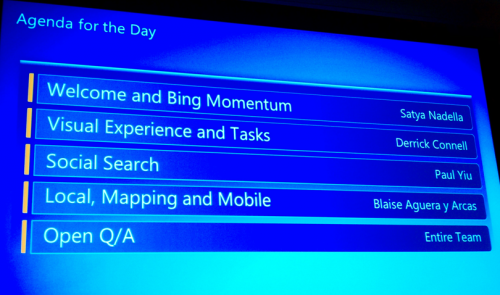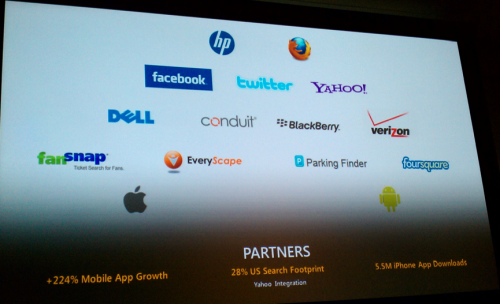Once you know the goals you have for your site, it is time to think about keyword research. Keyword research is the process of finding and analysing the terms that people use to search for your products or services or content. Keyword research is about finding the high traffic search terms that will bring visitors to your site but it should be about more than that. Keyword research should also give you insight into your customers (potential visitors). Into what they think.
- What are they looking for?
- What needs do they have that you can serve?
It should start a process of speaking in the language of your visitors and speaking about the things they want to hear. I could probably write about keyword research till next Christmas and still not cover everything but here is an outline of the basic process.
1. Brainstorming
Grab a pen and a piece of paper. You are going to come across all kinds of tools that can help in the keyword research but we are going to engage the most important one now. Your brain and the brains of your staff. What do you think people will search for when they are looking for your product or service? Write it all down. Don’t stop at single words make multiple word phrases. Re-phrase them. Write them all down. Add your location. If there are more than one of you, get more people involved. Write down all the ideas. Make sure you include those that deal directly with customers, don’t limit this to the marketing department. Marketing departments often develop a language of their own for talking about your products or services. They sometimes presume that customers use and understand this language. Often, this is not the case. Write it all down.
2. Grab a thesauraus
Grab a thesaurus or go visit an online one. Type in some of the terms and see if you expand your list. Go to www.quintura.com type in some of the main, theme defining terms you have come up with. At the top of the page you will see a cloud of related phrases. Follow some of the links there and see if it helps you expand your keyword list. Write them all down.
3. Lets find out about search volume
Now we have a long list of terms. We’ve written them all down and we’ve concentrated on expanding the list with no censorship at all. It’s time to start finding out what people actually search for. Here are a few of the tools you can use for this:
A note on accuracy: These tools give search volume numbers for various phrases based on their own databases which track searches from various sources. None of them will provide an accurate count of the raw number of monthly searches for a term. You could be forgiven for thinking that Google’s tool should but it doesn’t. Don’t use the numbers as a measure of the actual number of searches per month because they are meaningless in that context. Don’t compare the raw numbers from one tool directly with those from another. The numbers that these tools provide are useful to compare relative search volumes. If one term has 10 times the traffic shown for another, that is a good indication that it has significantly higher traffic.
4. Related searches
Go to Google and Bing and Ask. Search for some of your main terms. Have a look at the search suggestions and the related searches. Do you already have them in your list? If not, plug them into the tools from step 3 and find their volume and the volume of related searches. If they are significant, add them.
5. Thinking about query intent
Search engine optimisation and marketing to searchers is not simply about finding keywords and getting in front of customers. You need to consider what the search phrase implies about what the searcher is looking for. What is the intent of the query?
You might wonder why you care. You care because different query intents will provide radically different values to you. People with different query intents are looking for different things and to market to them successfully you will need to pitch content appropriate not just to a word or phrase but to a need (the intent behind the query). I’ve written about this before in this post on developing a mature online marketing strategy.
As a start, and a means of formalising your consideration of intent, try to break each phrase down into one of these 3 groups:
Navigational
I am looking to go to a specific place or site.
Informational
I am browsing. I am looking for information rather than product. I want to find out more about something.
Transactional
I am searching for a product or service. I am looking to download something.
An example of Intent:
Consider these 2 very similar phrases: “house cleaning” and “house cleaners”. Let’s look at a possible consideration of intent.
If you run a local home cleaning business both of these queries are undoubtedly relevant but their intents are not actually the same. People searching for “house cleaning” might be looking for a house cleaning service but they might not. They might be planning on doing it themselves and they are looking for advice. It is quite an ill defined query. Very general.
“House cleaners” is a very similar query but there is an important difference. Someone searching for “house cleaners” or “house cleaner” is way more likely to be looking for a person or a company. If they are researching “house cleaners”, they are looking for someone else to do the cleaning for them. See how you might pitch different content at these different search terms? Or, how the two keywords might convert differently?
A note on ambiguity:
Watch out for phrases that have more than one potential meaning. Quite a lot of words and phrases are ambiguous and can mean more than one thing. There is a tendancy, when you are in a particular mindset, to see a keyword term as relevant in your context and miss the fact that it has other meanings. You should try to be aware when searches have more than one possible meaning. Is one significantly dominant? Will most of the people using that term be looking for your content or something completely different? Search for the term in Google and see which meaning dominates in the results. Is this term as valuable as the raw figures make it look?
6. What to do with your keyword list
I like to download all the keywords and put them into one spreadsheet. Keep a list with all the terms which you can order by volume. Create more sheets as well so you can split the terms down into groups that have related themes. You can use your keyword data to help guide the major content themes of your sites. Grouping content and keywords into groups that share a common theme. We will consider this process further, later in the guide.
This post is part of our 12 Post SEO Guide, an ongoing series. If you would like to keep up to date you can follow the blog through RSS or follow us on Twitter.







